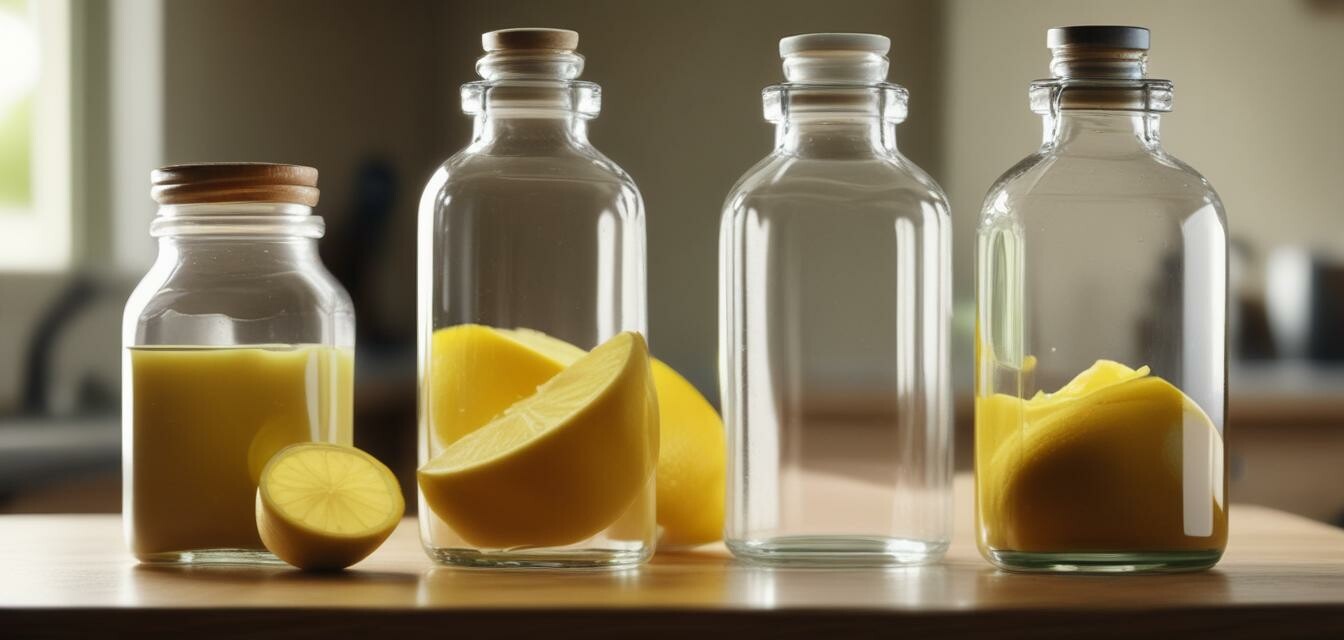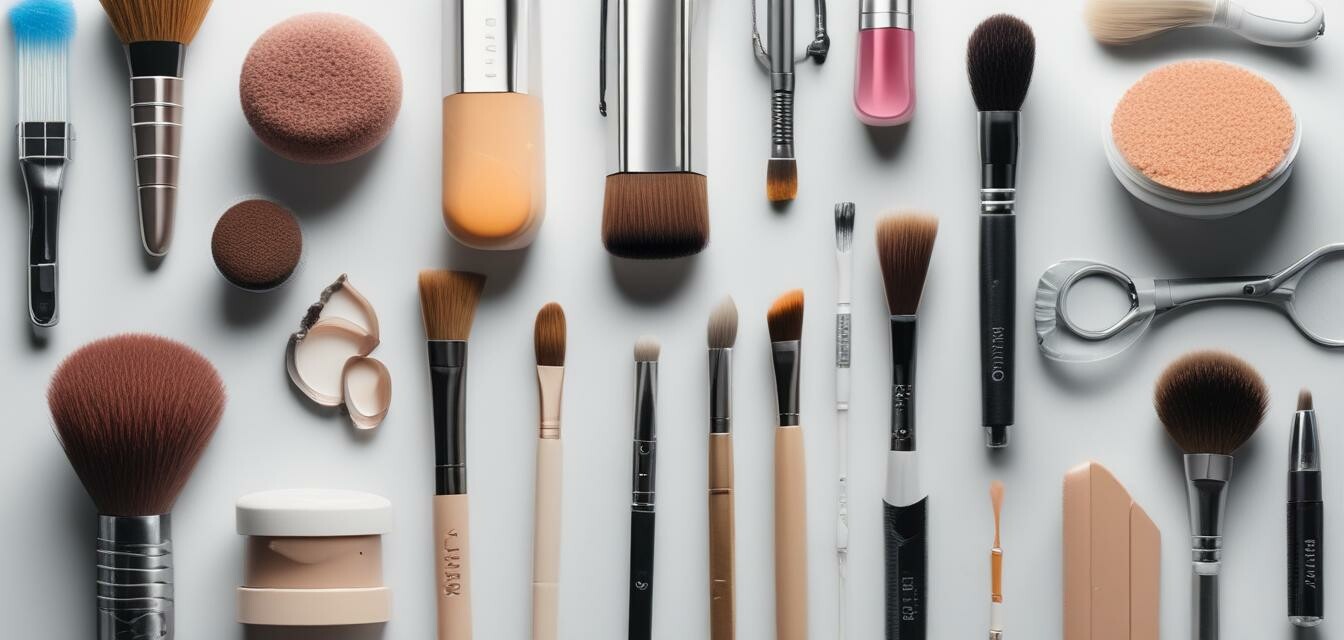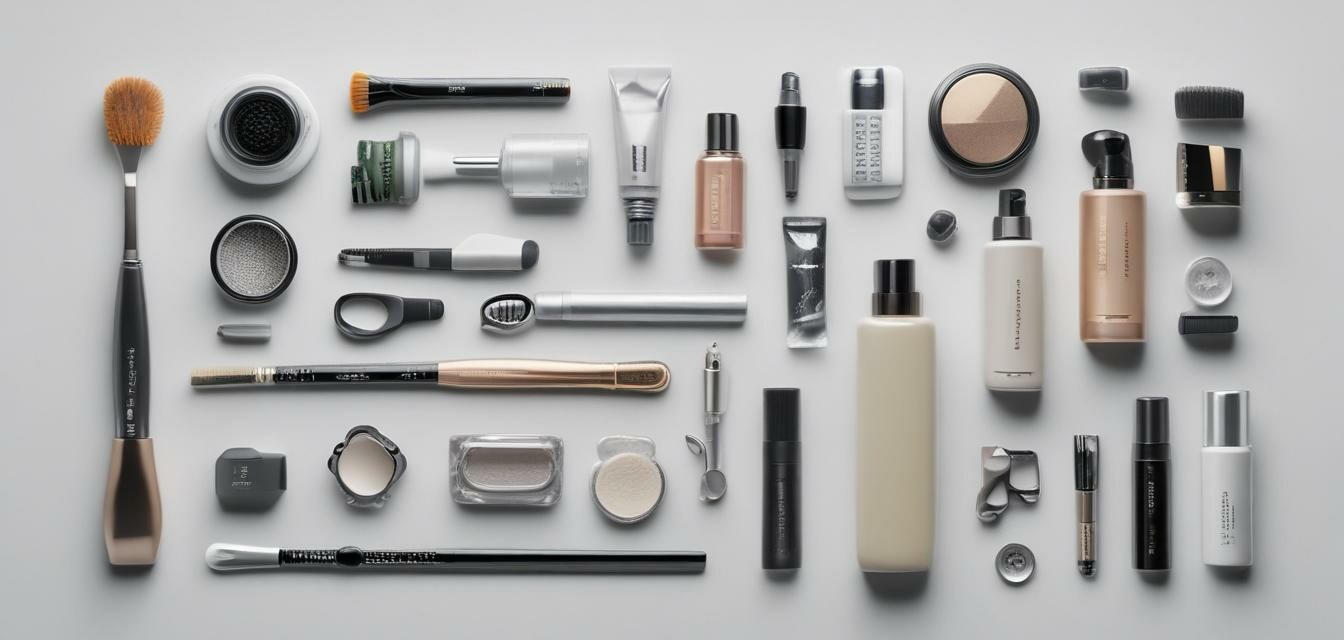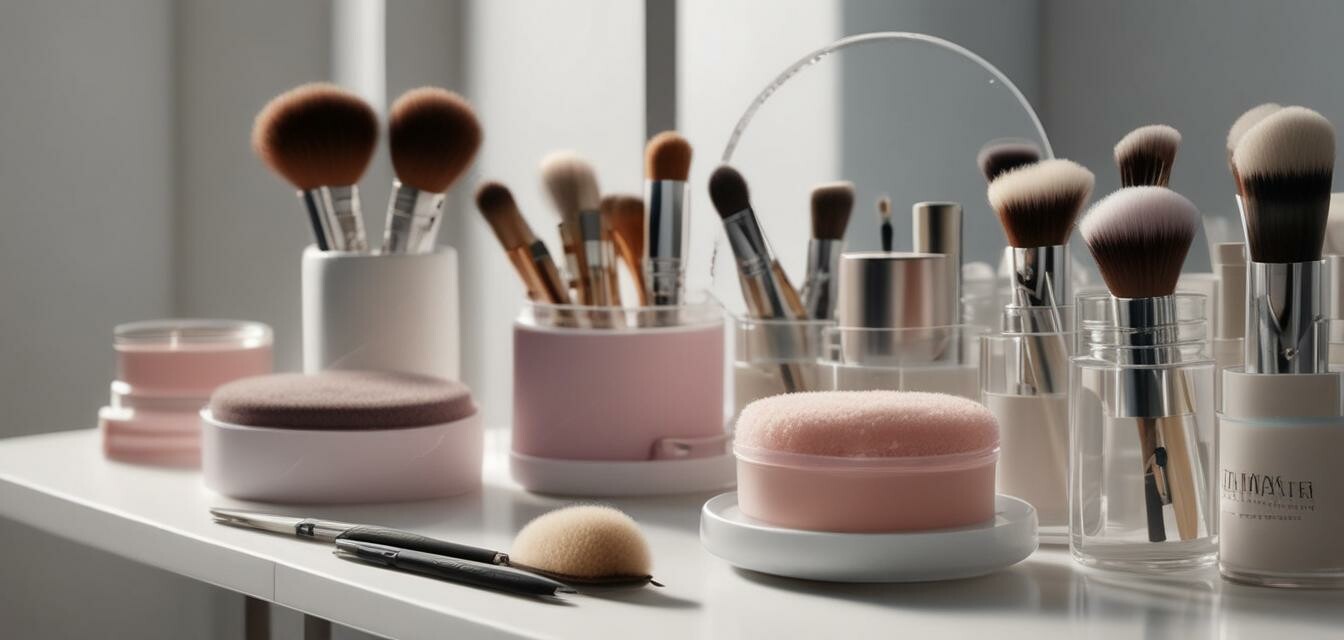
This article was generated using AI and is based on real customer reviews from the Amazon platform. It contains affiliate links, meaning we may earn a commission—at no extra cost to you. As Amazon Associates, we earn from qualifying purchases.
Chemical vs Natural Cleaning Agents
Key Takeaways
- Chemical agents often provide stronger cleaning results, but may pose health risks.
- Natural agents are generally safer for health and the environment but might require more effort.
- Your choice should depend on personal needs, tool hygiene requirements, and health considerations.
When it comes to cleaning beauty tools, the debate between chemical and natural cleaning agents is significant. While both types serve the purpose of sanitation, there are notable differences in effectiveness, safety, and environmental impact. In this article, we’ll analyze the pros and cons of chemical and natural cleaning agents, helping you decide which cleaning method works best for your beauty tool hygiene needs.
Understanding your options
Before choosing between chemical and natural cleaning agents, it’s essential to understand what each offers. Below we will break it down.
| Type | Description | Common Ingredients |
|---|---|---|
| Chemical Agents | These are manufactured compounds designed for effective cleaning, usually providing quick results. | Bleach, ammonia, alcohol, surfactants |
| Natural Agents | Derived from natural sources, these agents are more environmentally friendly and often safer for human health. | Vinegar, baking soda, lemon juice, essential oils |
Pros and cons of chemical cleaning agents
Pros
- Effective against tough stains and residues
- Quick action with immediate results
- Widely available in various formulations
Cons
- Can be harmful to health if inhaled or ingested
- Presents an environmental hazard
- Some people may experience allergic reactions
Chemical cleaning agents in practice
When using chemical cleaning agents, it's important to follow safety guidelines. Always read instructions on the label, and use gloves to protect your skin. Ensure proper ventilation in the cleaning area to minimize inhalation of fumes.
Pros and cons of natural cleaning agents
Pros
- Safer for health and the environment
- Non-toxic and biodegradable
- Often less expensive, as many ingredients are pantry staples
Cons
- May require more effort and time to achieve results
- Not as effective against certain stains and bacteria
- Limited shelf life compared to chemical products
Natural cleaning agents in practice
When using natural cleaning agents, you might need to combine multiple ingredients for enhanced cleaning power. Common mixtures include vinegar and baking soda for general cleaning, which can be especially effective for removing grime.
Comparison table of chemical vs natural cleaning agents
| Feature | Chemical Cleaning Agents | Natural Cleaning Agents |
|---|---|---|
| Effectiveness | Higher stain removal | Moderate, requires more time |
| Safety | May be harmful | Generally safe |
| Environmental impact | Negative | Positive |
| Cost | Varies, usually higher | Often lower, using common household items |
| Maintenance | Easy application | May require prep time |
Which should you choose?
Your choice between chemical and natural cleaning agents depends on various factors such as:
- Health considerations: If allergic to certain chemicals, opt for natural alternatives.
- Type of tool: Delicate tools may require gentler, natural agents.
- Environmental concerns: Choose natural agents to minimize impact.
Regardless of your choice, proper cleaning and hygiene of beauty tools are crucial. Regular cleaning ensures that you maintain optimal tool performance and prolong their lifespan.
Additional tips for effective cleaning
Tips for beginners
- Always test any new cleaning agent on a small area first.
- Use proper tools like microfiber cloths or soft brushes to avoid scratches.
- Create a regular cleaning schedule to maintain tool hygiene.
- Store tools in a clean and sanitized area to prevent contamination.
Conclusion
In conclusion, both chemical and natural cleaning agents have their place in maintaining your beauty tools. Weighing the pros and cons can help you make an informed decision that aligns with your personal values and needs. Always prioritize safety and environmental considerations while ensuring your tools are thoroughly cleaned.
For more information on keeping your beauty tools clean, check out our other guides on makeup brush cleaners, facial tool cleaners, and tool sanitizers.









